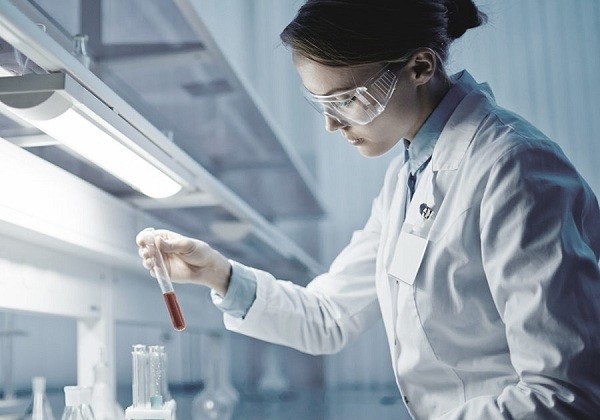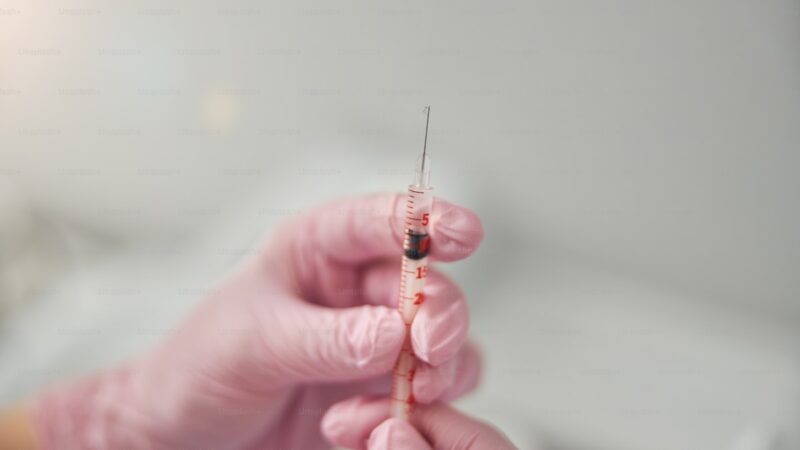Why Toxicology Research is Critical in Preclinical Studies

When testing and evaluating a potential new drug, it goes through all these different procedures which are necessary to figure out the safety of this new drug. One of the important procedures while doing so are the preclinical toxicology studies that are carried out to test the toxic effects of the drug and help in mapping its safety profile.
The main goal of these toxicology studies is to evaluate the new drug’s toxic effects when it is administered at different dose levels over specific periods of time. The overall reaction of the drugs is then monitored and the adverse reactions on various organs are noted.
To conduct such research, global pharmaceutical companies often take support from Contract Research Organizations that help them in providing accurate safety assessment of their compounds using preclinical Toxicology Services.
Different toxicology studies and their importance in evaluating a new drug
Toxicology studies play a critical role in the process of new drug evaluation in both clinical and non-clinical trials as they help the researchers to know if a drug compound is safe enough for more testing and this also plays an important role in figuring out the side effects of the drug and deciding the dosage.
Various toxicology studies are carried out for this purpose. These studies are listed below.
1. General toxicology studies
General toxicology studies are conducted in non-clinical trials using the maximum tolerated dose or MTD. Not every study requires the use of MTD; other suitable limited doses that may be clinically relevant are used for these studies.
The idea behind this is that the administration of drugs can be limited to those that will help in predicting the safety of the drug when it is advanced to clinical trials.
2. Pharmacology studies
Pharmacology studies are also conducted before the clinical trials (during the preclinical phase) and are used to test the effects of the drugs on vital organs like heart, lungs, and the central nervous system. Research organizations provide in-vivo pharmacology services to understand the lead candidate’s behavior within the whole organism through animal studies.
These studies are also useful to observe the mode of action of the drug compound and its effects on the organs in relation to the illness. This helps in determining the dosage. Pharmacology studies can also become a part of some clinical trials if required.
3. Toxicokinetic and Pharmacokinetic studies
To determine if further testing of the drug is required and to compare the effects of drug administration on the non-clinical versus the clinical patients, it is important that the researchers have the toxicokinetic and pharmacokinetic data of the patients before the clinical trials even begin.
4. Acute toxicity studies
These studies are done to determine the acute toxicity of the drug; however, a separate single dose trial is not recommended as the information about acute toxicity can be obtained through dose-escalation studies and short duration dose-ranging studies.
Acute toxicity studies can be limited to clinical trials only and are sometimes the main reference point for the clinical trials in humans.
5. Repeated dose toxicology
The repeated dose toxicology studies are usually carried out for a limited duration which is decided on factors like the duration, therapeutic indication, and scope of the proposed clinical trial. The duration of these studies should not exceed the maximum recommended duration with an exception of when a significant therapeutic gain is observed.
Final Thoughts
All the above studies play an important role in the evaluation of the new drug to determine if the drug is safe enough to go through the Phase I clinical trials. These studies are also used across the complete human trials of the drug which is a vast procedure for which the research teams often seek partnership with companies providing contract research services.







